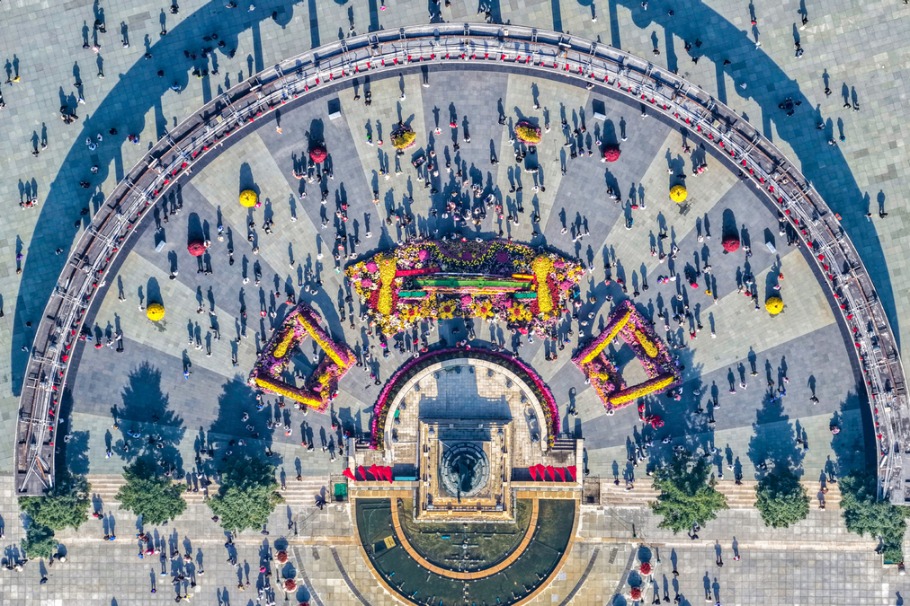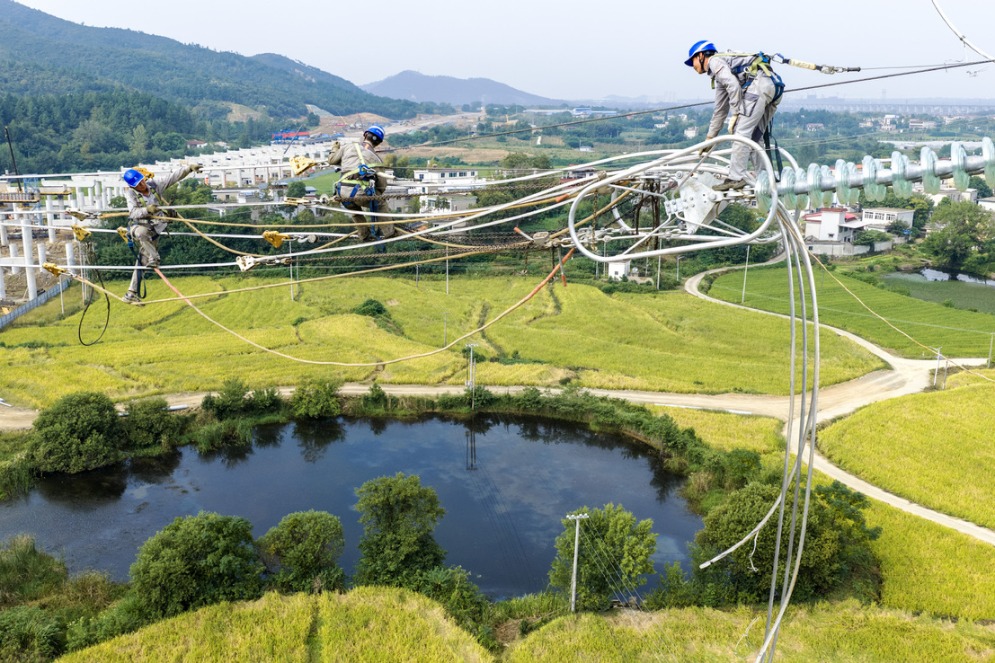Deep Blue Aerospace to attempt second VTVL test after initial setback

Deep Blue Aerospace, a private rocket company, plans a second high-altitude vertical takeoff and vertical landing (VTVL) test of its Nebula-1 rocket in November, the company announced.
Engineers are working to identify and resolve issues that led to the failure of the first VTVL test, according to a statement published by the Wuxi-based firm on its WeChat account.
"Based on what we learned from the first test, we will conduct another high-altitude vertical recovery flight in November," the company said.
The VTVL test, also known as a hop test, involves a rocket lifting off, reaching a certain altitude, and then making a controlled vertical landing. It is a key step in developing reusable carrier rockets.
On Sunday, Deep Blue Aerospace conducted the first VTVL test of the Nebula-1's first stage at a test site in Inner Mongolia. The three-minute test was largely successful, with the rocket reaching its target altitude before shutting down two of its three engines for descent.
In the final seconds, the rocket's landing legs deployed as planned, and it hovered above the designated landing zone. However, a malfunction during the last engine shutdown caused the rocket to crash and explode.
The test vehicle measured 21 meters tall and 3.35 meters in diameter, the company said.
- Chinese mountain city Chongqing becomes world's new must-see
- Hong Kong inaugurates MTR Northern Link project to fast-track Northern Metropolis construction
- China issues orange alert as Typhoon Matmo approaches
- Xi, Bangladeshi president exchange congratulations on 50th anniversary of ties
- Vibrant China during holiday: Traditional culture meets tech
- China activates emergency response as Typhoon Matmo approaches





































